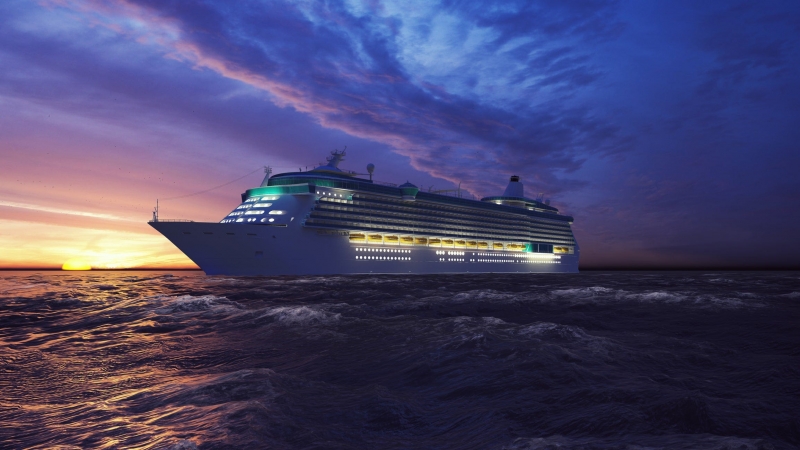
In horseracing there are escalating forms of placing wagers and the basics are fairly simple. There is place; win; and quinelas (first and second). After that the bets become more complex but the winnings are larger in keeping with the risks. I admit that I am no expert (in deference to several learned and experienced writers in Public Opinion). But I have chosen to use this simple example to highlight disasters, and again ask the question; where is the ship?
In recent weeks there have been a volcanic eruption in St. Vincent and the Grenadines; a 7.2 magnitude in Haiti, followed by a tropical storm that produced flooding, deaths, and isolation. In the last two weeks Trinidad and Tobago has had two earthquakes. Jamaica had a near-miss tropical storm that produced heavy flooding and road damage, and that TS developed into a category 4 hurricane hitting Louisiana causing wind damage and widespread flooding.
Are we learning anything? Where is the relief ship? I have been on this topic for over 16 years, and my “personal hurricane is weakening into a tropical storm” in spite of our Prime Minister’s agreement to further advance a simple concept as a regional response (inclusive of the Caribbean, Central America, and the Southern USA).
The observation of my closest friend is that “reality ceases to exist unless it appears on the media channels of the USA networks”. That is true, and nothing has been carried about the situation on the ground in Haiti (their quinela), St. Vincent and the Grenadines, or anywhere else dear to us. Even Louisiana seems to have been a passing interest for coverage.
The flavour of the week seems to have been the rapid evacuation of Afghanistan by US troops and local allies and the country was cast away after 20 years in a kind of re-surrender to so-called “terrorists” and the Taliban. Three lost wars in a row (Korea; Vietnam; and now Afghanistan) by the world’s greatest fighting forces and the accompanying “weapons of mass destruction” need to be carefully analyzed by the military strategists for the avoidance of future tragic errors. Thank goodness they did not have to leave by “the ship” but had some airlift capacity. If the runways were damaged then a kind of “middle passage” would have faced them, however we could have accepted their discharge at Monymusk and Frome. On second thought, 400 years from now we may have to pay reparations.
Let me leave these seemingly unrelated frivolities alone and try to connect the dots to our economic, health, and social conditions.
Article & Photo from: Public Opinion